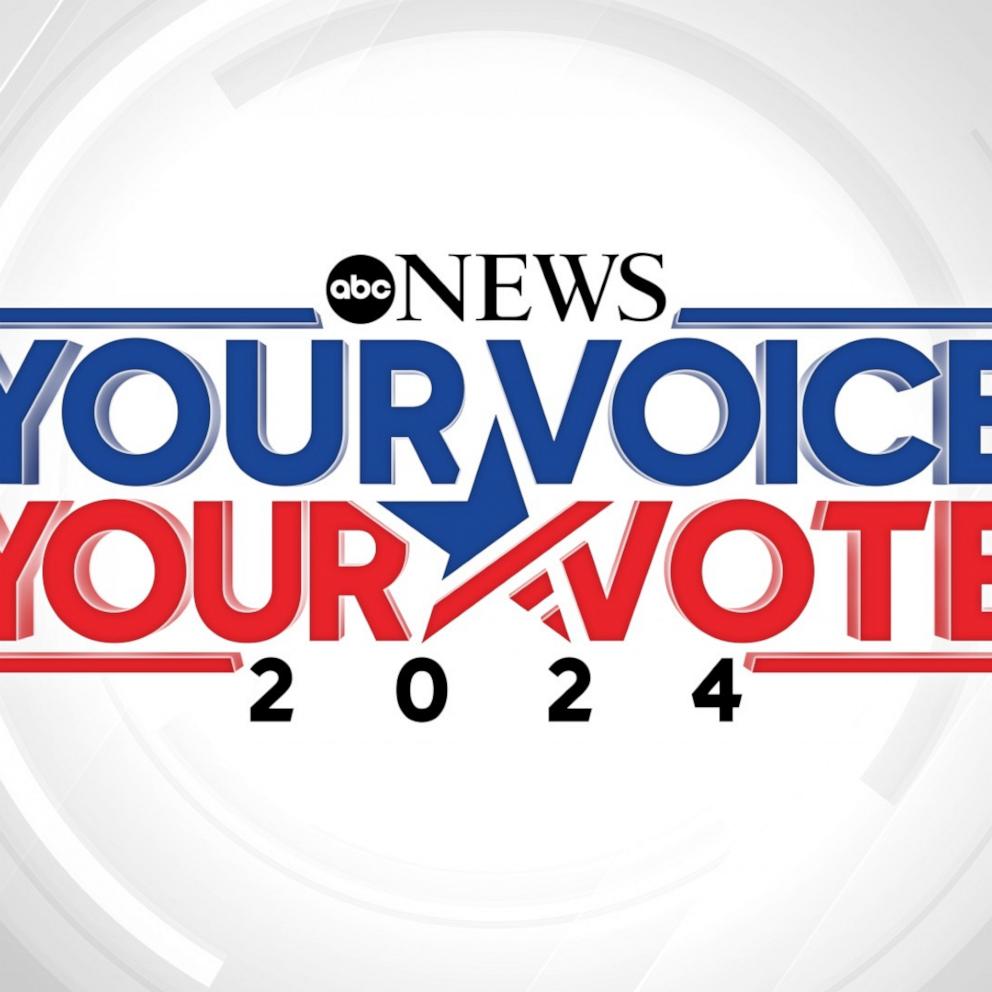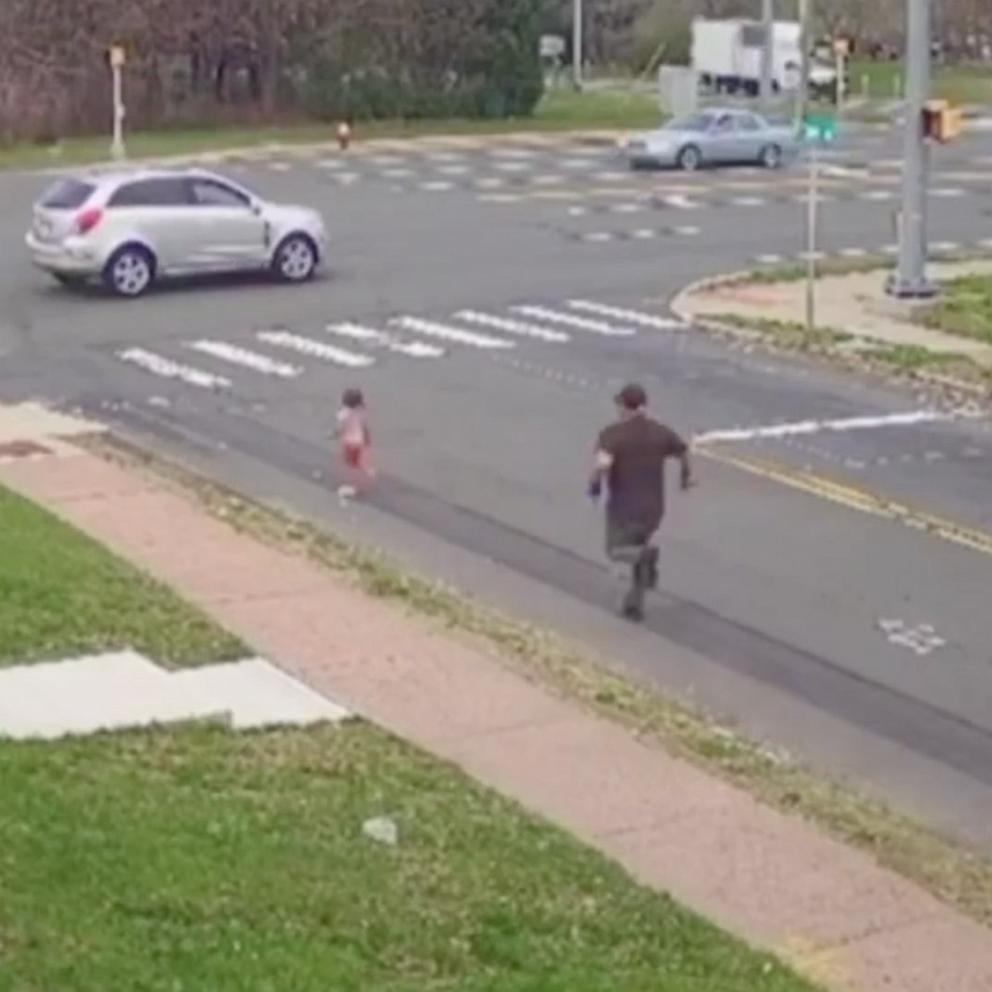As states open up eligibility, the 1st big test of America's vaccine hesitancy
As the majority of adults in the country now sit on the cusp of eligibility for the COVID-19 vaccines, the U.S. is shifting into the first real-world test of Americans' acceptance of the inoculations.
Up until the last few weeks, limited vaccine supply meant only Americans with the highest risk of severe illness from the virus and the biggest incentive to protect themselves, were eligible. But by late April, as vaccine supply ramps up, all adults -- not just those with the most reason to fear the virus -- will be eligible to line up and get their shot.
So, will they?
"This is when the real work begins," said Dr. Timothy Callaghan, a health politics professor at Texas A&M University who studies vaccine hesitancy.
Callaghan said public health experts have been gearing up for this particular fight for months, even before earlier vaccine issues were smoothed over.
"We weren't worried about the supply issues that we were seeing early in the vaccine delivery process," Callaghan said. "We were concerned about what was going to start to happen from April through July, as states start to realize we have the vaccines, but don't have people to take them."
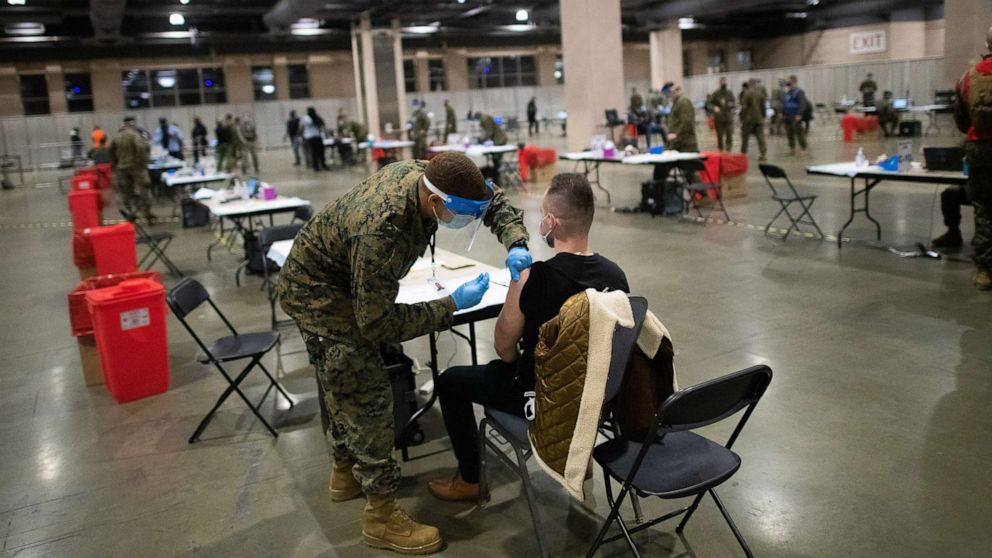
Now, on the heels of President Joe Biden's announcement that 90% of states will open up to all adults by April 19, the time has come. The U.S. is administering nearly 3 million shots per day and, by May, drugmakers are expected to deliver enough vaccines to vaccinate 300 million Americans.
Meanwhile, about six in 10 Americans reported already getting a vaccine or intending to get one -- a number that has increased -- with 17% who said they're taking a "wait and see" approach, according to March polling from the Kaiser Family Foundation. Remaining about the same since December are the 13% who said they will "definitely not" get the vaccine.
With the floodgates open to mass vaccination, the spring and summer months should provide a clearer view of how much work needs to be done to vaccinate as many Americans as possible, Callaghan said.
Among the first states to widen eligibility were Alaska, Mississippi, Texas, West Virginia, Ohio and Utah. As of Thursday, 19 states total had opened their eligibility to all adults 16 and older, and another 27 states plus Washington, D.C., had announced plans to do so.
Some rural and Republican states have already seen signs of early hesitancy that allowed them, in part, to open their vaccination rollout up to the broader population earlier than any other states. Polling has shown people living in red, rural states report more vaccine hesitancy.
In Ohio, the governor said they've seen less interest in vaccine registration as they open it up to younger populations.
"We seem to be having a slower uptake every time we move down in age," Ohio Gov. Mike DeWine, a Republican, said at a press briefing just before the state opened eligibility to all adults on March 29. "But, I mean, the interesting thing is even in the older groups, you continue still to see those numbers go up," he said, noting that the number of vaccinated people in their 80s is continuing to rise.
DeWine openly acknowledged that he was concerned about vaccine hesitancy getting in the way of herd immunity for the state, though.
"Frankly, a lot is gonna depend on our young people's willingness to take this vaccine and to slow the spread down," DeWine said.
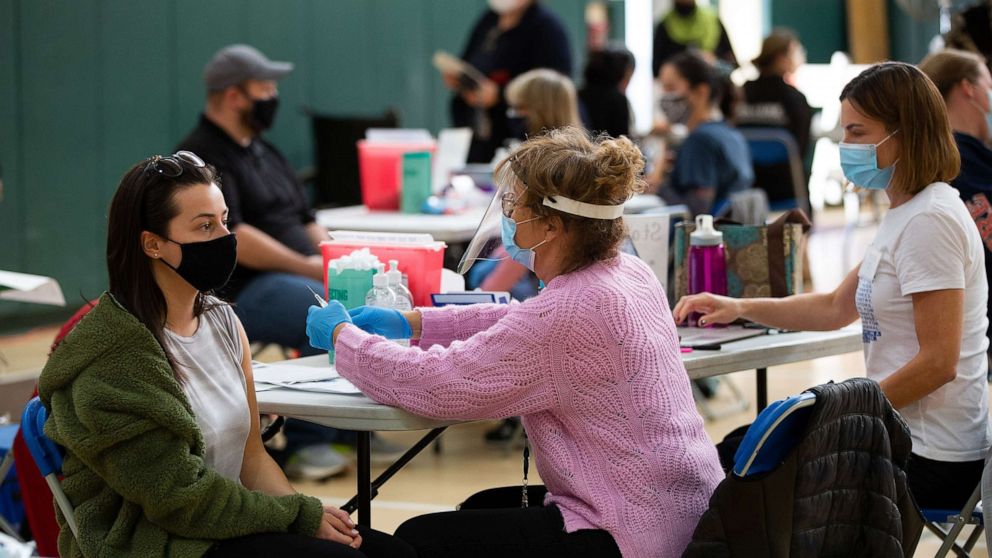
And in West Virginia, the state's coronavirus response coordinator, Clay Marsh, said they were surprised that as many people are getting vaccinated as they are. The state widely opened eligibility on March 22.
"We did anticipate having a lot more vaccine hesitancy," Marsh said, noting that people from rural and Republican areas of the country are more hesitant than those from urban and Democrat areas.
"Well, we're pretty rural and we're pretty Republican," Marsh continued.
And while they've seen pockets of hesitancy, Marsh said, the state has been pleased that 70% of people in the 65+ age group have gotten vaccines. In December, state data showed that around 45% of the state was either less willing or strongly unwilling to get a vaccine.
In Mississippi, one local doctor suggested people are waiting for the vaccine to appear at their physician's office before they get the shot. The state opened up eligibility to all adults two weeks ago and continues to have thousands of open appointments.
"It's not so much hesitancy as it is access for most of our patients," said Dr. Laura Miller, a family physician who mostly treats patients from rural, minority communities in Jefferson Davis County, Mississippi.
Because almost half of all the vaccines in Mississippi have been offered at drive-thru mass vaccination clinics and other state-run sites, Miller sees a lot of patients who want to or need to wait until they can get the vaccine closer to home, in a more familiar setting.
"I have patients here that want to get their shot, they just don't have a means to get there or don't want to until I can do it," Miller said.
There's also "some hesitancy, and there's some straight refusal," she added.
Still, Miller predicted that when there's enough vaccine supply to get doses out to individual clinics and pharmacies, "we'll have some fairly steady uptake." On Monday, Biden said that by April 19, 90% of Americans will live within 5 miles of a vaccination site.
Taken all together, even among states that share population demographics and politics, there's still not a sole factor that can predict vaccine hesitancy.
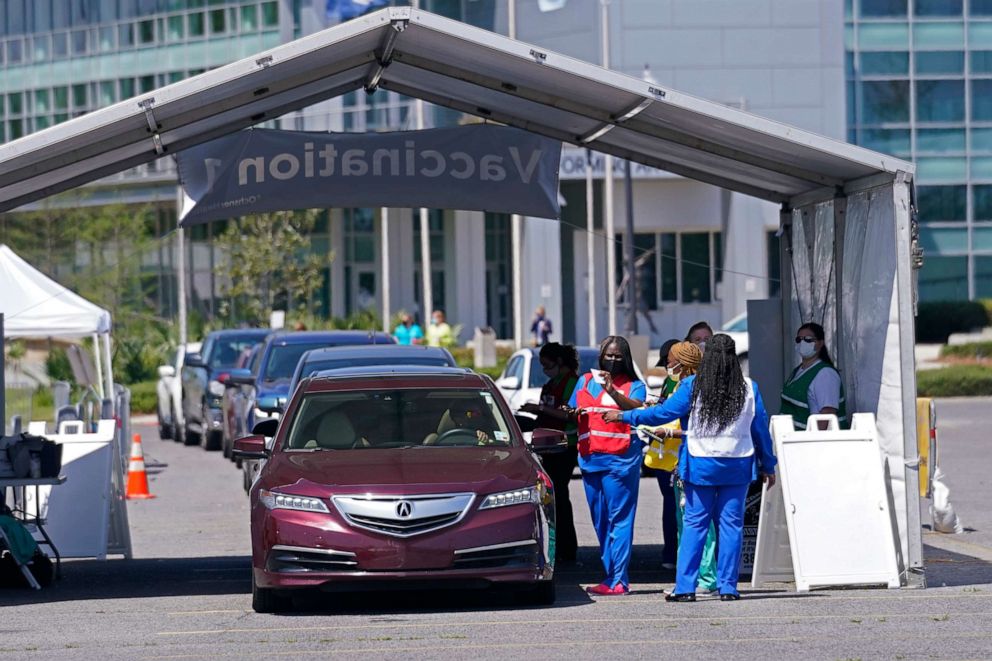
Jeff Zients, Biden's coronavirus response coordinator, told reporters at a briefing last week that he wasn't concerned about states that were opening their eligibility up to all adults well in advance of the May 1 deadline.
"If there are states that are lagging behind, we're working with those states to ensure that they continue to prioritize the most vulnerable populations. That said, with the increase in demand, we think it's a good thing that states are opening up eligibility to all Americans no later than May 1st," Zients said Friday.
But while there will be people who want the vaccine and people who don't, states will also have to do more than just open up eligibility to achieve herd immunity.
They will have to improve systems making it harder for people to get the vaccine, compounding hesitancy that already exists.
Long drives to unfamiliar towns or cities where vaccines are being distributed, clunky registration websites, long hold times on the phone and lack of outreach can all give the impression of "vaccine hesitancy," when in reality, community members are willing to get the vaccine but face logistical hurdles, which are often worse in poorer communities.
Experts have also warned that opening up eligibility widely could allow people with easier access to transportation and technology to leap over less advantaged people for appointments.
"That is a potential red flag and something to be aware of," Callaghan said. "To try and work against that, states need to be paying attention to populations they are vaccinating on a daily and weekly basis to say 'okay, we're not getting enough people from this at-risk community or that at-risk community, so maybe we need to set aside some appointments for those groups to make sure that they are still getting vaccinated.'"
There will also be unpredictable benefits to widely opening up eligibility, like the power of peer pressure.
As more people get the vaccine, they'll share how they got it and what it felt like with their friends and family, increasing trust in the shot.
But for the next several weeks, the effect will be unknown.
"You can't really say that hesitancy is the cause until you've given people a chance to vaccinate and then they choose not to," Callaghan said.

